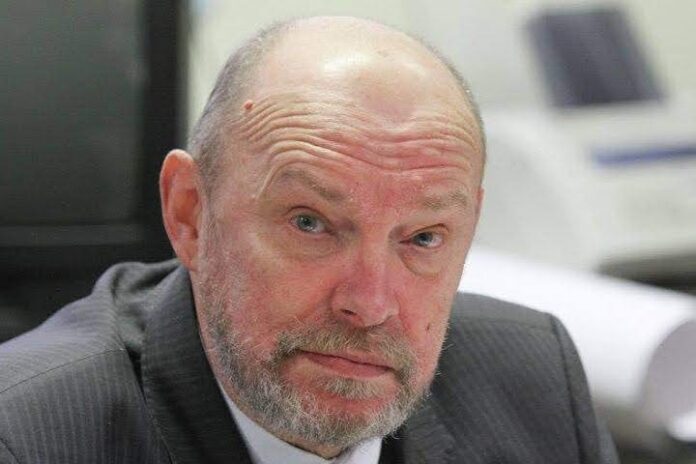A new phase of the ”school reform” is to begin since September 1st.
One can observe the outcome of all these endless changes through failing results of the last graduation exams.
At that, there is one specific element of the reforms which is distinguished by its permanence. It can be described as a ”the less the native language is present in education, the better”-principle. In two years the education in the Russian language is doomed to cease to exist, according to the law. As of now, pre-school institutions as well as the 1st, 4th and 7th grades are to start schooling in Latvian only.
Such approach is contradictory to the common sense, the State Constitution and a great number of international agreements ratified by Latvia. Therefore, the members of the Parliament have introduced an escape clause: we are not going to completely deprive you of your language as we let you study your language and culture outside the compulsory program, just as supplementary disciplines.
To decide how to organise these supplementary classes and how to finance them, the Cabinet of Ministers was instructed to adopt the rules separately with regard to ”way how to conduct them” and separately with regard to the funds. These rules had to be approved before December 31st last year so that municipalities and schools would have time to get ready to work in new circumstances.
However, it turned out that the government did not consider the law as mandatory for implementation. It was only in April this year when proposed rules regarding ”way to organise classes” were published and became accessible for a discussion. Vladimir Buzaev together with Julia Sohina, on behalf of the Latvian Human Rights Committee, have submitted a great number of amendments. The debates over them lagged in time under the pretext that the proposed rules related to the funds had to be discussed at the same time.
But the set of rules ”related to the funds” appeared in July only when the half of the annual budget was already spent. Everything was immediately activated and both proposals are to be approved in August when there are just few days, not nine months, to prepare for their implementation.
Vladimir Buzaev detailed on the problems hidden in the rules which the Cabinet of Ministers is developing. He explains that the rules with regard to the way how to conduct classes limit the rights of municipalties as they are not allowed to provide more than three academic hours for such lessons.
Nevertheless, the proposals of Vladimir Buzaev and Julia Sohina to replace ”not more than three hours” with ”not less than three hours” was declined. At that, it contradicts the Framework Convention for the Protection of National Minorities clearly stating that such an approach presents a direct way to assimilation. Some municipalities will use the rules in order to have two hours per week or even one hour for such classes.
Buzaev and Sohina also tried to propose to involve those teachers who were fired because the Latvian language inspectors found their knowledge of Latvian to be insufficient. They grounded their proposal saying that perfect Latvian is not necessary to teach the Russian language and literature. This proposal was also declined under the following reason: what if a Latvian child joins such classes…
The proposal to identify those parents who wish to enroll their children to such additional classes by some general survey was also turned down. It happened although it would enable to plan a budget for the next academic year. Instead it was stated that the calculation of the budget will be based on the assumption that only every fifth Russian parent wants his child to be teached the native language.
Vladimir Buzaev points out to the fact that this messy situation which is entirely responsibility of the Minister Anda Caksa is just one month before the beginning of the school year. As for a possible way out, Vladimir Buzaev tells, ”It would be enough to admit that the implementation of the reform has failed, to call the urgent meeting of the Parliament and postpone the reform until the next year”. He concludes, ”By then the analysis of the reform by the Constitutional Court to which hundreds of parents have filed their suits as well as by teh ECHR and the UNHRC would be completed”.




















